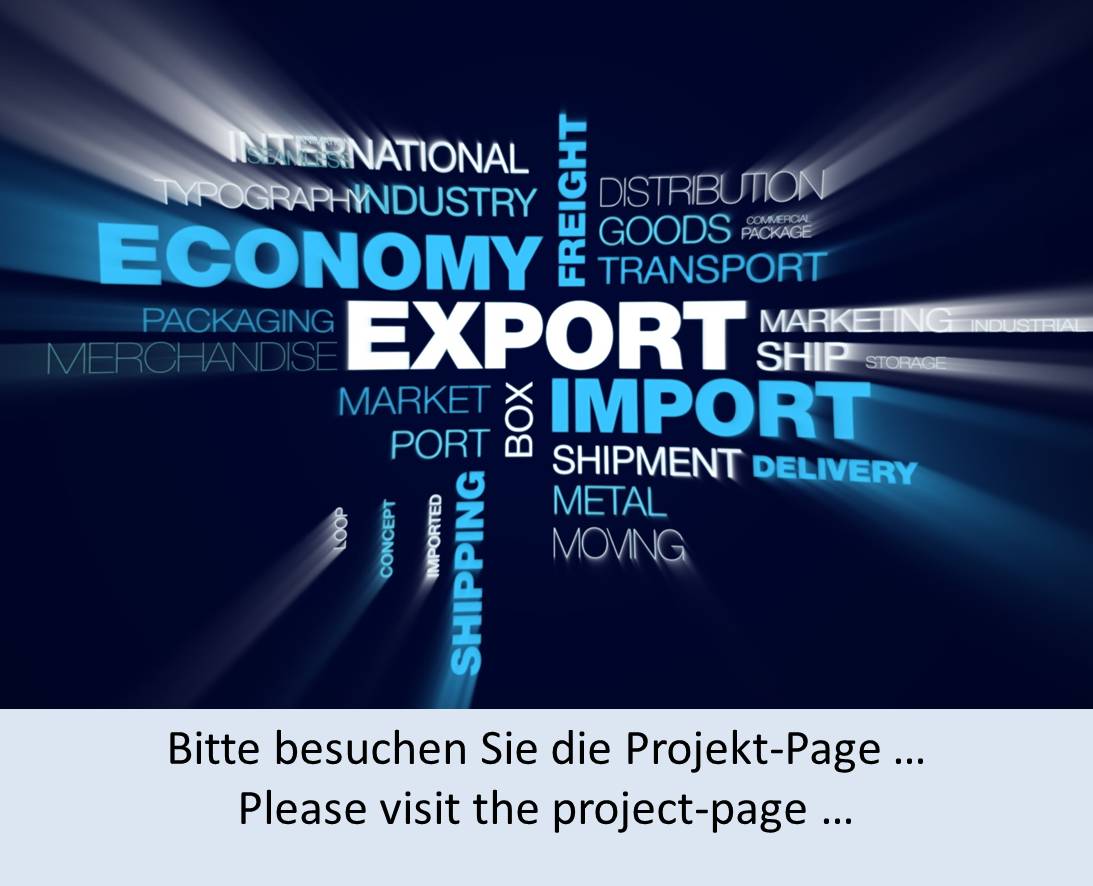Introduction
Globally active companies are worldwide present and connected. Production, logistics, purchasing, sales and markets form a network across national borders. Fraud, theft, smuggling, brand piracy, industrial espionage and compliance threaten industry and with their value chains. Illegal activities occur outside and also inside globally operating companies. Damage minimization is the goal of clarification and countermeasures and is the reason for the need for action.
National security agencies cannot prevent these incidents. In principle, necessary cross-border networking and coordinated measures do not take place. Reporting channels, interests, confidentiality, public relations and options for action are defined completely differently in governmental authorities than in industry.
FIFI strengthens the corporate capabilities in the fight against crime, threats and illegal trade. Relevant data and information from a wide range of international sources are collected, evaluated and f. The effective and efficient processing of this mass data is only possible with the use of AI procedures and extensive automation in information preparation. The project combines research, user knowledge and market-oriented young companies with the aim of providing practice-oriented solutions for suitable assistance systems.
 The Fraunhofer Institute FKIE, DITS, Analytical Semantics and Traversalsals would like to thank the initiative of Philip Morris International to support the project in the following aspects: Combating illegal trade, together. A global initiative to support projects against illegal trade and related crimes.
The Fraunhofer Institute FKIE, DITS, Analytical Semantics and Traversalsals would like to thank the initiative of Philip Morris International to support the project in the following aspects: Combating illegal trade, together. A global initiative to support projects against illegal trade and related crimes.Objectives
Paradigmatic for FIFI are two assumptions:
- that the early detection of crime is possible with good prospects of success if data and information from all legally accessible sources is suitably processed, merged and aggregated
- that proven approaches as well as procedures and tools used by security authorities, for example the methodology of the so-called Intelligence Cycle, can be transferred to project-relevant issues.
This is followed by the collection of relevant actual data and information from sources of different origin, type and structure:
- Data from the company describe the business processes
- Press, media, open social networks, the internet and darknet characterize the company environment and reflect activities outside the company
- Politics, market participants, customers and committed contributors provide additional relevant information. The search criteria result from the question. The results are topic-related, mostly unstructured mass data.
The collection according to the research question provides mass data that is relatively unspecific in terms of the mission. For each report, AI-based models are used for filtering, prioritization and ranking for data reduction and fusion. Measures and assessments by the analyst support the regular improvement of the models.
The actual analysis takes place on the fully automatically collected, pre-processed and categorized data set. Tools are used to uncover relations, temporal and content-related correlations, changes, trends, anomalies and warnings. The analyst examines data and information. Corrections to the proposed priorities also allow the adaptation of report-specific models for data processing. Relevant information is included in the analysis.
The cycle is completed with the report and its presentation to the principal. The discussion and evaluation of the results provides refinements and adjustments for up-to-date reports of following cycles on unchanged or extended questions.
| Technology | Intelligence Cycle, cloud technologies; Google Cloud AutoML: natural language processing, translation, tables; Graph Data bases, visualization; Tracking. |
| Market | Decision support in complex, unstructured scenarios with a focus on applications in the global industry. |
Links and Downloads
 FIFI Informationsblatt [pdf]
FIFI Informationsblatt [pdf] FIFI Information flyer [pdf]
FIFI Information flyer [pdf] FIFI Video [mp4]
FIFI Video [mp4] Pressenotiz: Projekt FIFI - Sicherheit und Anomalienerkennung in Lieferkettens und Unternehmens [pdf]
Pressenotiz: Projekt FIFI - Sicherheit und Anomalienerkennung in Lieferkettens und Unternehmens [pdf] Press Release: Projekt FIFI - Security and Anomalies in Supply Chains and Organisations [pdf]
Press Release: Projekt FIFI - Security and Anomalies in Supply Chains and Organisations [pdf]
Publication

Literature from Different Sources
 FIFI Project - Homepage
FIFI Project - Homepage